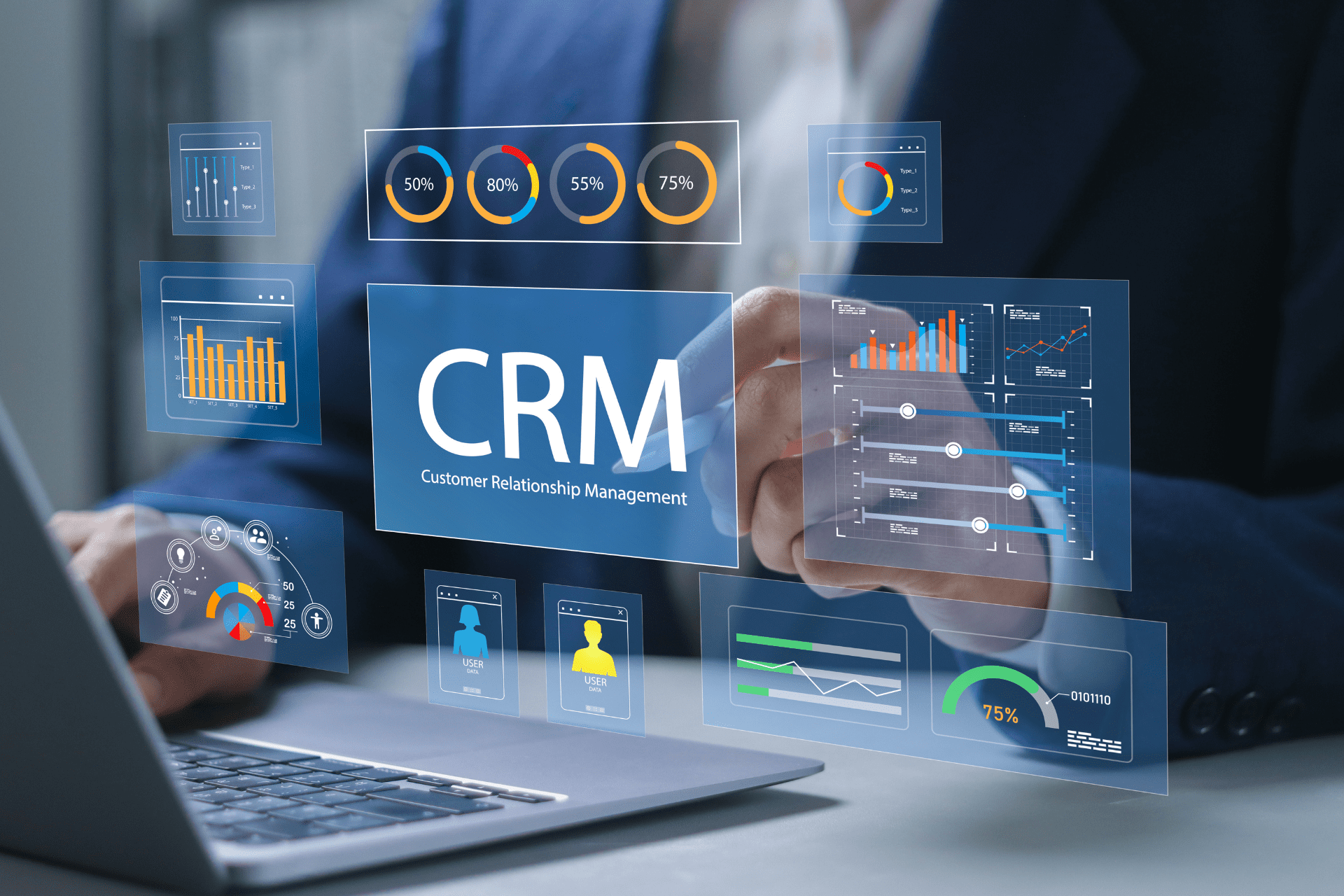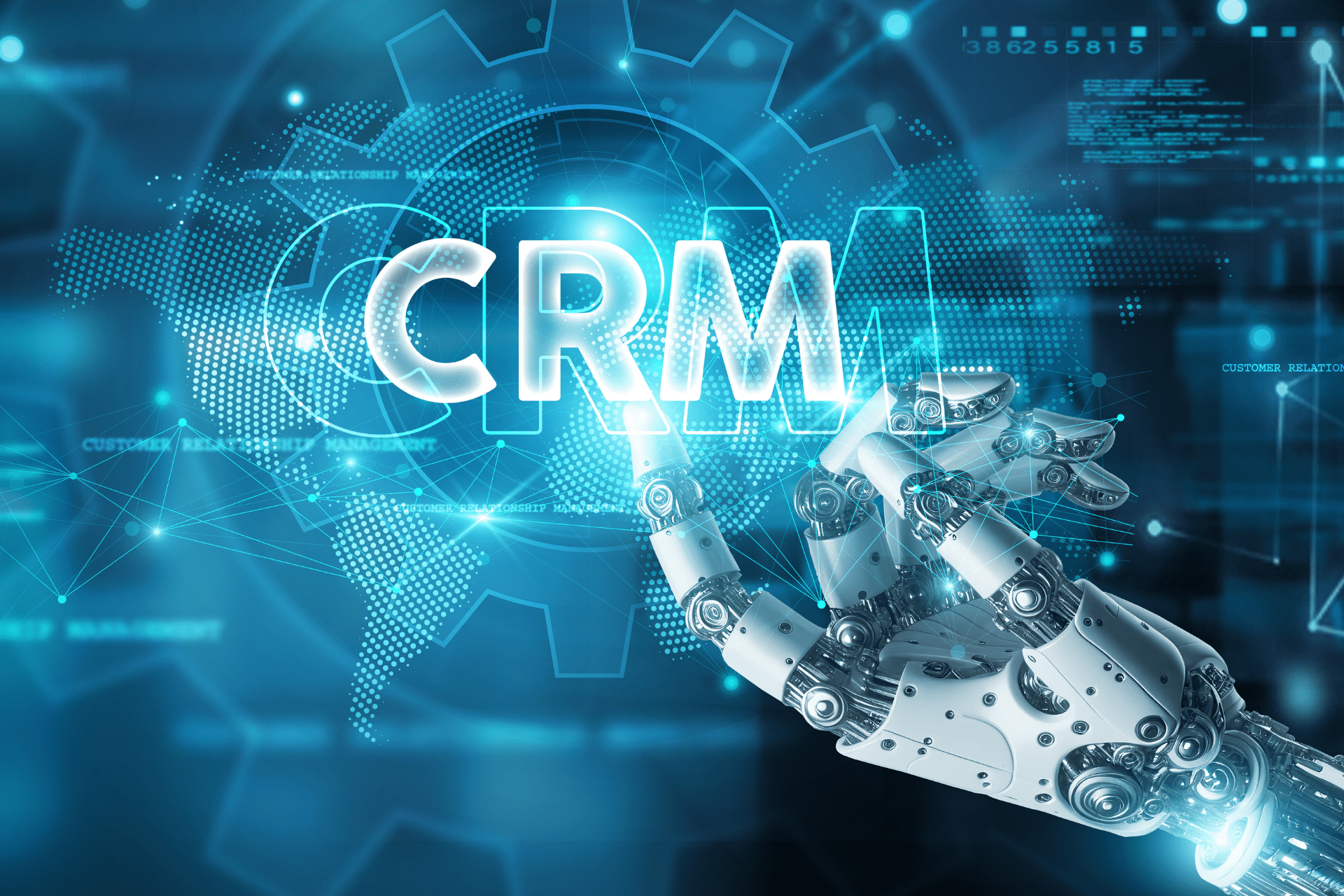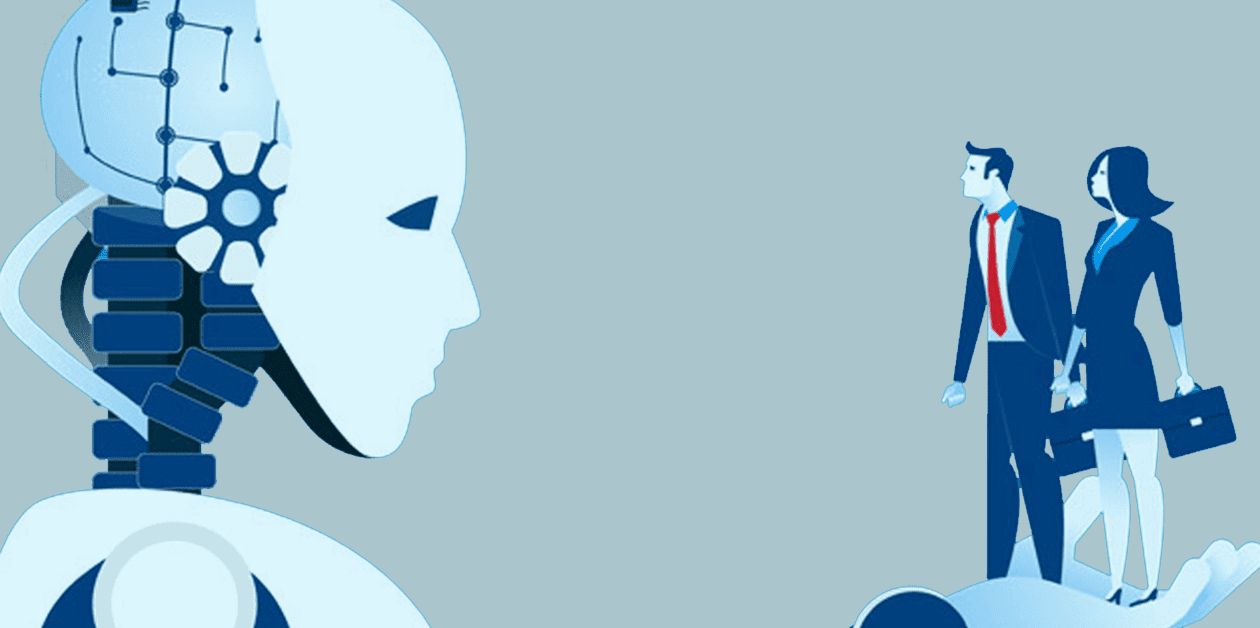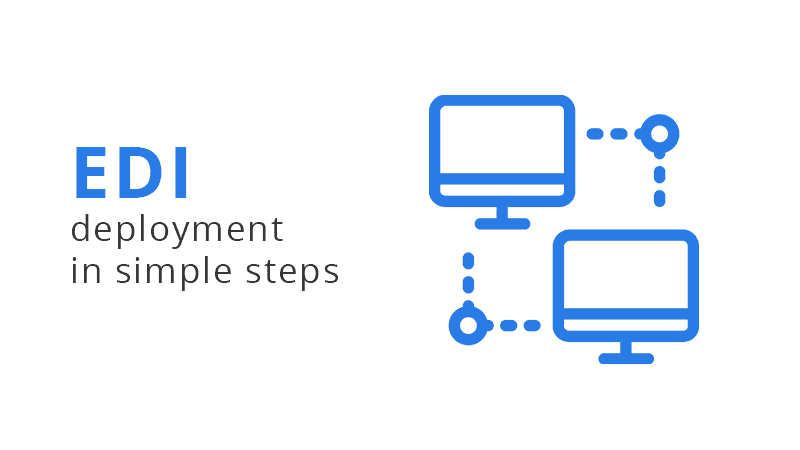Share
Read also

Business Software
Choosing the right CRM for your business

Cloud
Cloud ERP and AI underpin the future of sustainability

Trends & Views
The customer experience and digital transformation

Trends & Views
How AI accelerates the evolution of CRM
Although, up until recently, there may have been doubts regarding the usefulness or lack of practicality of CRM solutions -especially for smaller businesses- modern systems are clearly more user-friendly, more intuitive and certainly more cost-effective. In a few words, CRM (and the prevailing SaaS model) has become a powerful tool that all businesses, regardless of their size, can use.
Let’s start by stipulating that small businesses can now deploy CRM solutions as easily as they would create a Facebook account. CRM solution providers offer live product demos, or even free trials, directly through their websites instead of older time-consuming processes that required IT consulting, hardware and software installation and personnel training, as well as other significant expenses.
Nowadays, an SMB can deploy a CRM solution in less than a day, while the biggest part of the training process takes place gradually and through user experience. Moreover, most CRM providers seem to prefer using a Software as a Service (SaaS) subscription model (instead of user licence model) that completely frees businesses from any initial investment, while ensuring user experience.
Another important difference compared to old CRM solutions, is the user interface, which is updated and modern, more intuitive, aesthetically improved and at the same time more effective. This is due to the fact that the interface is now being designed taking into consideration the use of mobile devices. Smartphones, for example, allow users to get online and stay connected at any given time. At the same time, they provide direct access to basic sales metrics, while modern CRM systems can be adjusted to display the most recent data by default. Furthermore, the SaaS model enables the unobstructed rollout of the most significant software updates. Since the solution is hosted on the provider’s servers and access is granted through a web browser, end-users are not required to get involved with the updates.
We should also not overlook the most important aspect of modern SaaS-based CRM solutions, that is no other than the significant cost reductions in deployment. This is exactly what these systems promise to deliver, combining a small initial investment in time and resources. Though it is not that easy to accurately estimate the ROI increase that your business will experience by using a CRM system, this shouldn’t really be a concern as your company will be saving money and increasing productivity. For example, the tasks that were traditionally executed manually, such as data entry and emailing, or phone communications, will be drastically reduced thanks to the automated operations of a modern CRM system.
Finally, thanks to the data collected and analysed by the system, sales estimates can be more accurate, providing you with all the necessary info and eliminating any wasted resources. Training and deployment time is significantly reduced, while any system issues that may arise are referred to the CRM provider.
Last but not least, the improved effectiveness of your business will also influence your customers’ point of view. One should never forget that satisfied customers are, after all, loyal customers.







